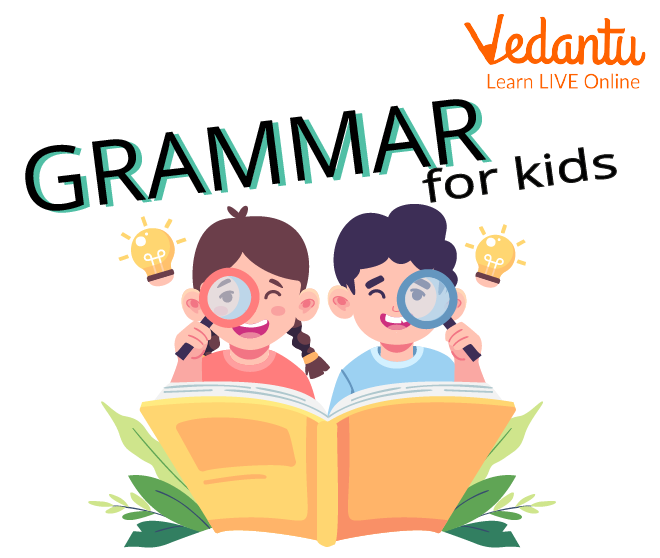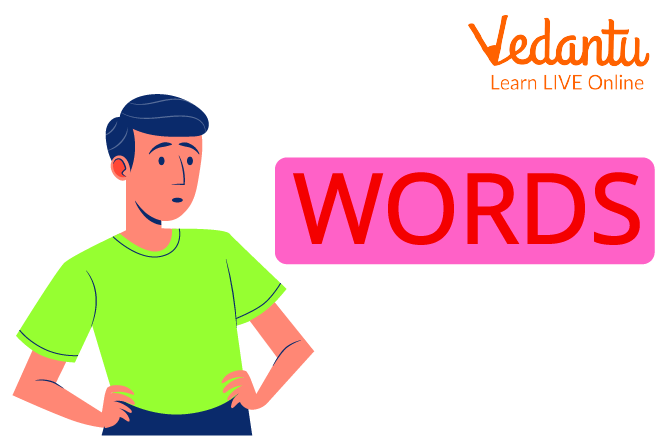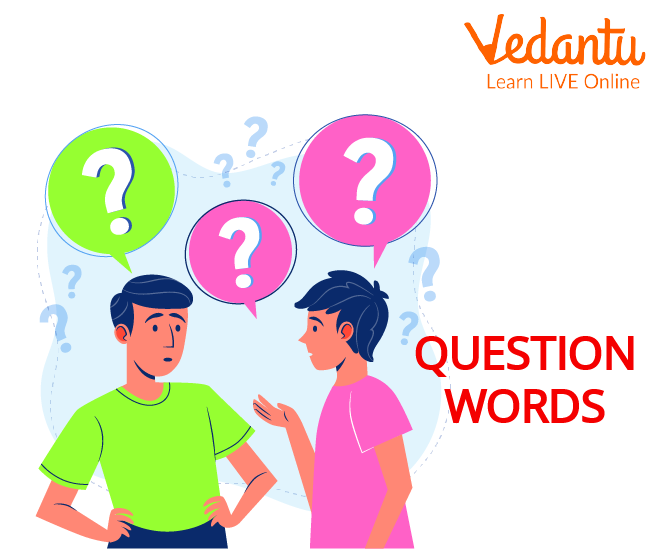An Overview of Class 1 English Grammar Ncert Solutions Words Who What How
FAQs on Class 1 English Grammar Ncert Solutions Words Who What How
1. When should we use “who” in a sentence?
We use “who” when we are talking about a person who is doing something. “Who” is used with pronouns like I, he, she, they, etc. where the person is the subject of the sentence performing some action.
2. What are the ways to form “Wh” questions?
Wh questions can be formed in two ways:
By combining it with an auxiliary verb - Auxiliary verbs are not the main verbs but helping verbs. You can form a Wh question with an auxiliary verb in the following fashion - Wh-word + auxiliary verb + subject + the main verb. For example, “What do you do to earn money?”
Without an auxiliary verb - To form a Wh question without an auxiliary verb, you use the format Wh-word + main verb. For instance, “Who won the match?”
3. How can parents help children develop conversational skills?
There are many ways parents can encourage children to ask questions and converse with them more and more to develop their conversational skills.
Model a Good Conversation - Try to have a 1 to 2 minutes interaction with your kid on a daily basis where you concentrate on conversational skills. You can model a good conversation by adding conversation enhancers like "That's interesting!", "Really?" etc., to encourage kids to talk more.
Ask Open-Ended Questions - Open-ended questions do not have just one correct answer. These are stimulating questions that reinforce the idea to the kids that there can be more than one view of an issue, and all can be valid.
Have Informal Chats - Have informal chats where you can ask your child about their likes, interests, the weather, what they did in class, etc.


















